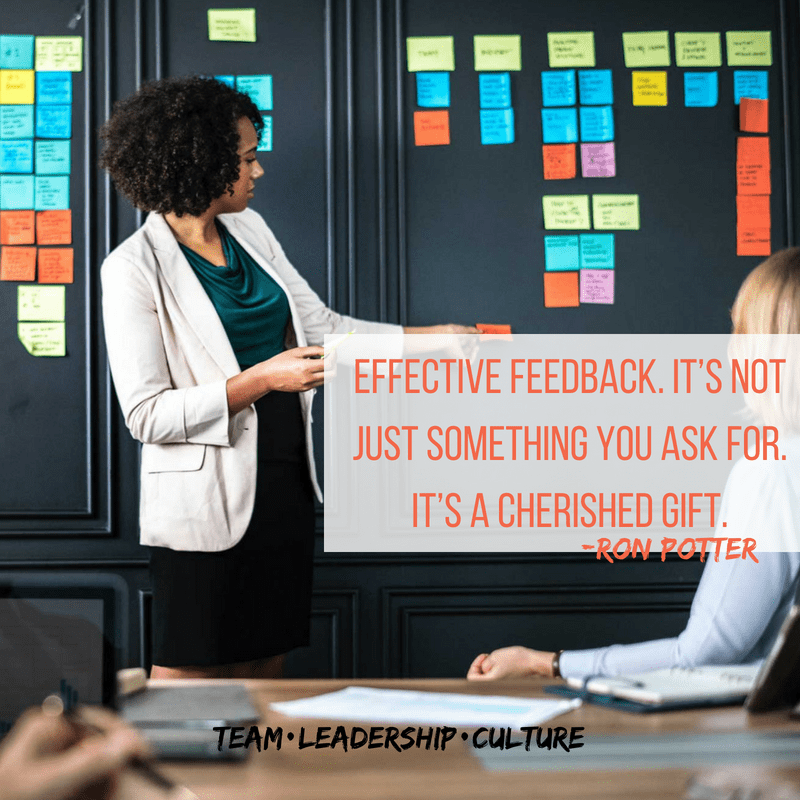I came across an interesting article the other day that talked about the important work of a CEO.
This particular CEO wanted to develop a particular type of platform and started the development in his living room. Today, over 830 million people from around the world are members and use the platform regularly.
In the article, this CEO states that he could not have had success without the help of his friends. He says that “friends will be absolutely central to your sense of happiness, connection and meaning.”
Most people would assume he experiences happiness through his success in business. He says happiness comes from the connection of friends, regardless of financial success. Following are four lessons he learned from his friends.
Appreciate Other Perspectives
Early in his career, one of his colleagues stated that he seem to know nothing about how women thought and acted. He realized there was an entire perspective of the world around him that he knew nothing about. He asked his colleague to help him out. His reaction was, “When there’s something important you don’t know, real friends will tell you about it.”
Realizing Your Purpose
Soon after leaving college, he was grappling with the question of “What do I want to do with my life?” Again, another friend said, “Don’t sit there feeling like you don’t know what to do. Go do something.”
I’ve mentioned in previous blogs that many people don’t do anything because they don’t feel qualified. Notice the quote above. It doesn’t say go get qualified to do something, but go do something! I had three major careers in my 40 years of business. I didn’t feel qualified to do any of them, I just started. If I had waited or worked at becoming qualified, it’s likely I wouldn’t have accomplished any of the three.
Saying “No” to Yes Men
Here is what the CEO is quoted saying: “We all seek validation or approval in one way or another. While it’s good to have friends that support what you do, it’s more important to have friends that can tell you the truth, even if it may hurt.” He also says, “Friends will tell you not what you want to hear, but that you need to hear.”
Helping Your Friends Help You
The CEO says that the most important lesson is that “Your friends help you the most by letting you help them.”
That CEO is Reid Hoffman, co-founder of LinkedIn. I don’t know Reed and I have never worked for Linkedin, but I’m going to trust that Reed not only believes but lives these lessons.
I did consult for a multi-billion dollar firm several years back. The CEO used much of that same language. However, he thought of himself as a teacher. He didn’t need to learn these things, he needed to teach others. I watched as he would meet with people below his direct reports to impart these wisdoms. However, with his direct reports, he acted as if he knew it all and didn’t need that “friend” described above. His direct reports never cared for him and his tenure with that company was short-lived.
These are great quotes from Reid. Just make sure they apply to everyone in your life. You may have worked for three or four decades but that brand new employee is capable of asking the question that helps you. Apply it to friends, family, and others that you encounter along the way. You’ll learn and grow from each encounter.























